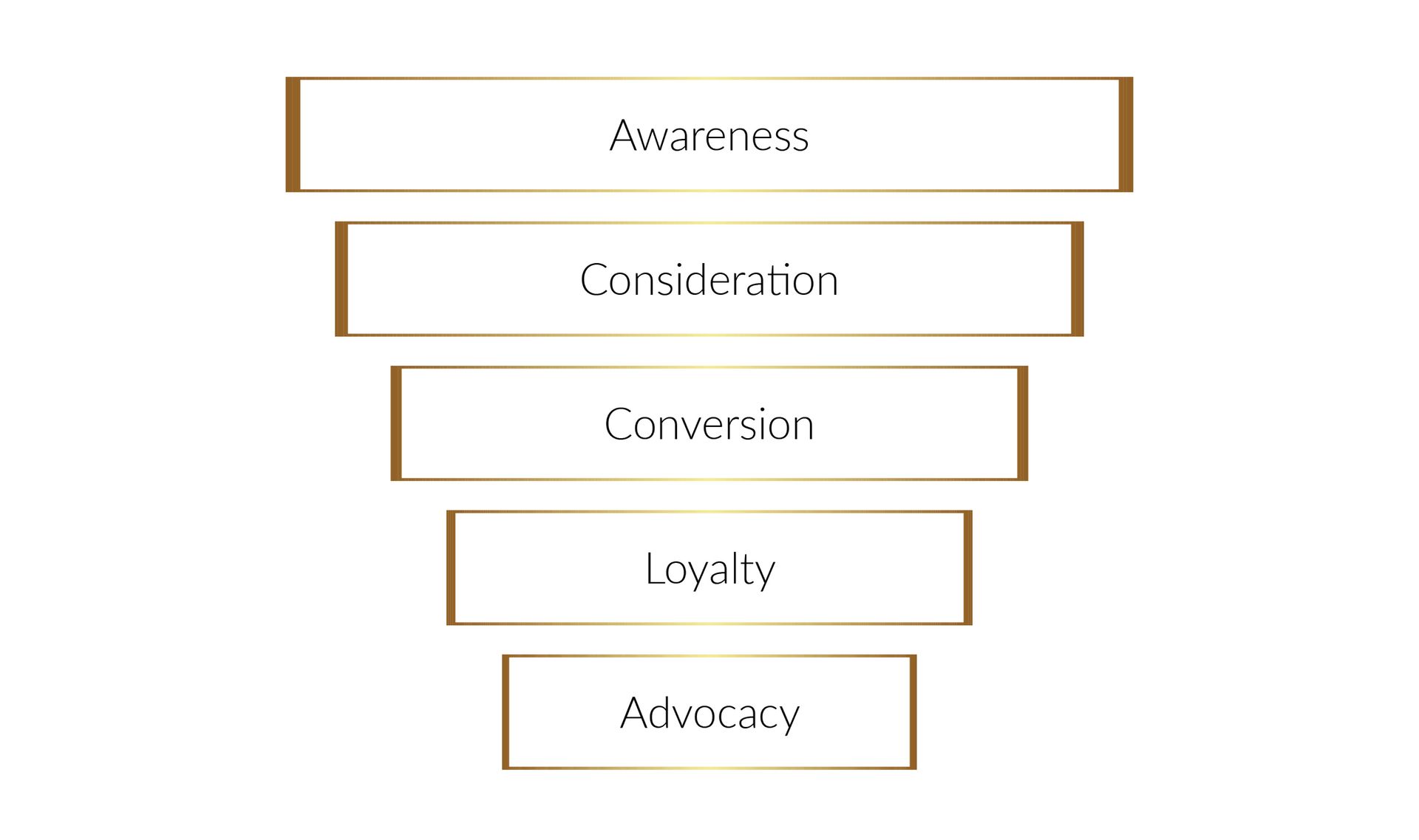Which Federal Laws Apply To My Company?
Navigating Federal Employment Laws: A Guide for Employers
Federal employment laws come with their own set of rules for covered employers, making it crucial for employers to know which ones apply to their company. The size of your organization, determined by the number of employees, plays a pivotal role in determining your compliance obligations.
While some laws, like the Equal Pay Act (EPA), apply universally to all employers, others, such as the threshold is reached. Additionally, certain laws, like COBRA, may have exclusions for specific types of employers, such as churches.
Employers Of All Sizes
The following federal employment laws apply to all employers, regardless
of size:
- Equal Pay Act (EPA)
- Fair Labor Standard Act (FLSA)
- Immigration Reform and Control Act (IRCA)
- Employee Retirement Income Security Act (ERISA)
Based on Employee Count
The following federal employment laws apply to employers, with a certain number of employees:
- Family and Medical Leave Act (FMLA)
- Americans with Disability Act (ADA)
- COBRA
- EEO-1 Reporting
Federal Employment Laws
Federal Employment Laws
Brief Description
Covered Employers
Handbook Policy
Affordable Care Act (ACA) – Employer Shared Responsibility Rules
Requires employers to offer affordable, minimum value health coverage to full-time employees to avoid penalties.
Employers with 50 or more full-time employees, including full-time equivalent employees.
Health Insurance and Benefits Policy
Requires employers to provide rest breaks and accommodations for nursing mothers to express breast milk.
Virtually all employers, regardless of size. Employers with fewer than 50 employees may be exempt if they can demonstrate undue hardship.
Breaks and Time Off Policy
Prohibits age discrimination against employees or applicants who are age 40 or older.
Private-sector employers with 20 or more employees and state and local governments.
Equal Employment Opportunity (EEO) Policy
Prohibits discrimination against qualified individuals with disabilities in all employment practices.
All employers with 15 or more employees.
Reasonable Accommodation Policy
Protects employees from discharge due to wage garnishment and limits the amount of earnings garnished.
All employers, regardless of size.
Wage Garnishment Policy
Requires offering continuation coverage to eligible employees and dependents when coverage would be lost.
Private-sector employers with 20 or more employees that sponsor group health plans. Most group health plans sponsored by state and local governments are also covered.
Continuation of Benefits Policy
Requires employers to submit employment data categorized by race/ethnicity, gender, and job category to the EEOC.
Private-sector employers with 100 or more employees. Exemptions apply to certain entities such as state and local governments, educational agencies, and tax-exempt private membership clubs.
Equal Employment Opportunity (EEO) Policy
Prohibits employers from using lie detector tests, with exceptions, in private-sector employment.
All private-sector employers. Excludes federal, state, and local governments.
Employee Privacy PolicyEqual Employment Opportunity (EEO) Policy
Sets standards for employee benefit plans, including retirement and welfare benefit plans.
All private-sector employers that maintain employee benefit plans. Exemptions apply to government and church employers.
Employee Benefits Policy
Requires equal compensation for equal work between men and women.
Virtually all employers.
Equal Pay Policy
Requires providing eligible employees with unpaid, job-protected leave for specified family and medical reasons.
Private-sector employers with 50 or more employees, public agencies, federal government, and local educational agencies.
Family and Medical Leave Policy
Establishes employer obligations when using consumer reports for employment purposes.
All employers, regardless of size.
Background Check Policy
Establishes minimum wage, overtime, recordkeeping, and child labor standards for employers.
Virtually all employers.
Wage and Hour Policy
Prohibits discrimination based on genetic information.
All employers with 15 or more employees.
Equal Employment Opportunity (EEO) Policy
Prohibits hiring and retaining unauthorized workers. Requires completion of Form I-9.
All employers, regardless of size.
Employment Eligibility Verification Policy
Prohibits taking actions against employees summoned to serve as jurors in federal court.
All employers, regardless of size.
Jury Duty Policy
Requires providing a safe workplace for employees. Coverage through federal OSHA or state plans.
Virtually all private-sector employers. Workers at state and local government agencies are protected if their state has OSHA-approved programs.
Workplace Safety Policy
Prohibits workplace discrimination based on pregnancy, childbirth, or related medical conditions.
All employers with 15 or more employees.
Pregnancy Accommodation Policy
Prohibits discrimination based on race, color, religion, sex, or national origin.
All employers with 15 or more employees.
Equal Employment Opportunity (EEO) Policy
Prohibits discrimination based on uniformed service membership.
All employers, regardless of size.
Military Leave Policy
Requires advance notice to employees of impending plant closings or mass layoffs.
Private-sector employers with 100 or more employees. Regular federal, state, and local government entities providing public services are exempt.
Layoff and Severance Policy
It's important to note that while we focus on federal laws in this article, most states have their own labor and employment laws that must also be considered. Check out the DOL's website for each state's labor office.
Moreover, there are additional compliance requirements for companies that contract with the federal government or operate in specific industries.
Need help updating your handbook? Contact Us!




